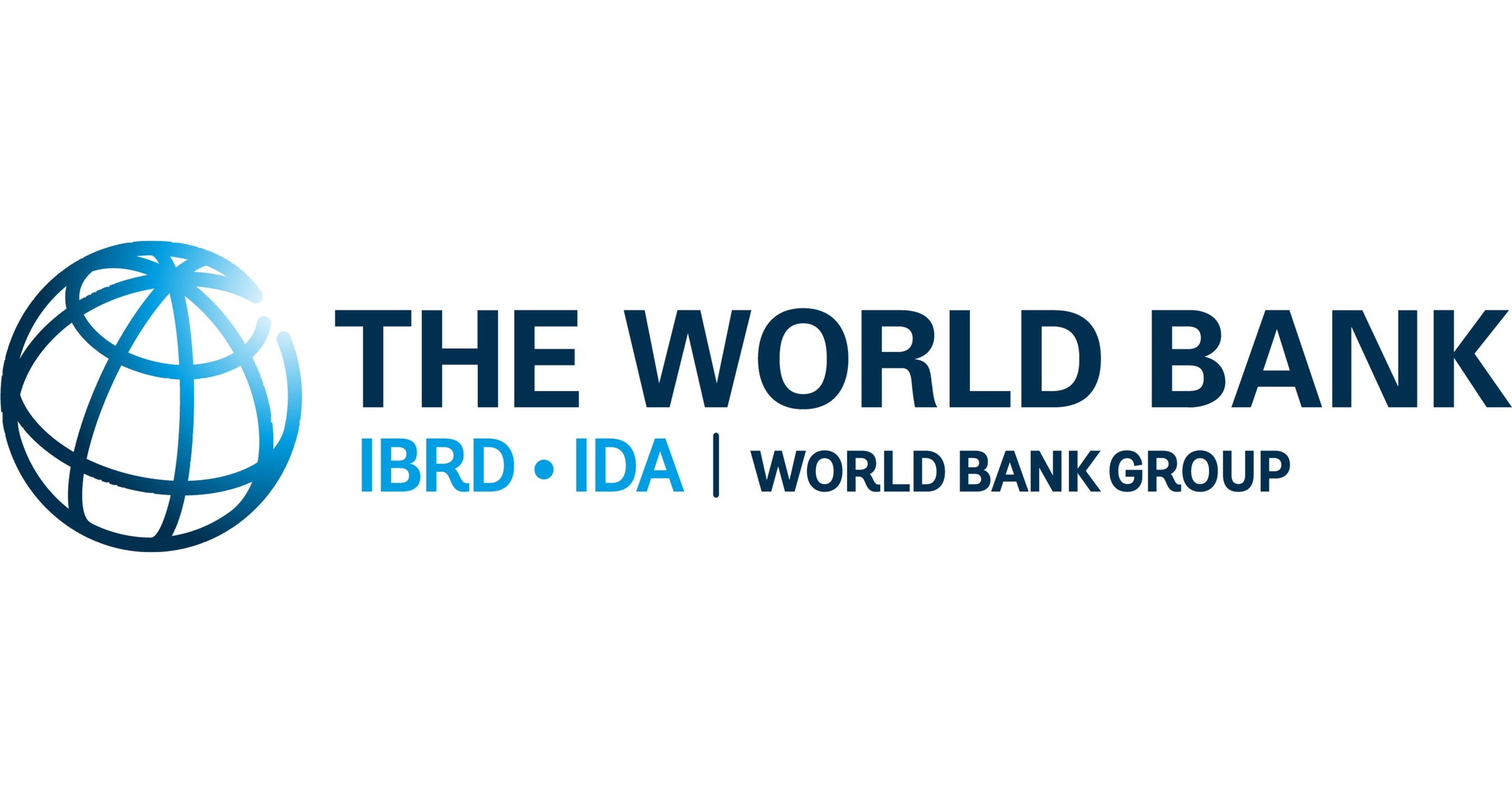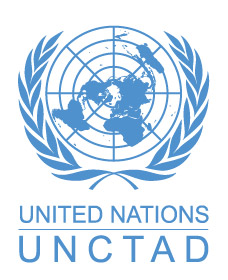Increasing Sub-Saharan Africa’s Productivity for Growth Now, and in the Future

Poorer Sub-Saharan African (SSA) countries are far less effective than wealthier countries in allocating factors of production such as labor and natural resources, contributing to overall low productivity and slowing economic recovery.
Boosting Productivity in Sub-Saharan Africa: Policies and Institutions to Promote Efficiency notes that low labor productivity is of particular significance in the agricultural sector, which employs most of the population. That the majority of the region works in an area of such low economic activity provides insight into why the region lags behind others in structural transformation.
This volume, the third in a series addressing productivity challenges and opportunities in SSA, focuses on resource misallocation and its impact on productivity levels and growth as compared to other regions. In assessing the implication of production decisions across agricultural farms and manufacturing firms, the evidence shows that they are particularly plagued by severe resource misallocation; in agriculture, low productivity is overwhelmingly explained by inefficiencies in resource allocation more so than the amount of rainfall or soil quality. In manufacturing, the report points to total factor productivity revenue dispersion across firms—the amount of goods and services produced compared to the amount of inputs used to produce those goods and services—as the measure of low productivity.
2021 annual report on the implementation of the European Union's External Action Instruments in 2020

The European Union has published its 2021 annual report on the implemtnation of the External Action Instruments in 2020. Underlining our commitment to global solidarity, the EU and its 27 Member States remain the leading providers of official development aid, with a collective contribution of EUR 66.8 billion in 2020. In terms of Africa, it focuses on the Joint Communication ‘Towards a comprehensive Strategy with Africa‘, the Post-Cotonou Agreement, the 10th African Union Commission-European Commission meeting held in Addis Ababa, the EU-G5 Sahel Summit further deepened relations between the G5 Sahel and the EU, the first EU/AU Research and Innovation Ministerial and the prospects of developing a joint EU/AU Innovation Agenda.
E-commerce and the digital economy in LDCs: At breaking point in COVID-19 times

The United Nations Conference on Trade and Development has published a report on how, in pandemic times, e-commerce and the digital economy in LDCs has been pushed to breaking point. The pandemic appears to have been exacerbating existing divides leaving countries that were already struggling to engage in ICT goods trade, many of them in Africa, even further behind. As digitisation can hugely affect the achievement of SDGs, it is essential for the international community to scale up its assistance in this sector in Africa, especially considering the continent's most vulnerable countries.
Two years have passed since the beginning of the COVID-19 pandemic. As the economic fall-out is still being felt all around the globe, its impacts are not fully captured. In particular, the accelerated digital transformation, with digital solutions developed and used to facilitate economic and social activities from a distance, has been accompanied by a surge in e-commerce, with potentially long-lasting effects. It has also revealed wide gaps in digital readiness, especially in the most vulnerable economies. UNCTAD’s research has shown that the pandemic has further exposed gaps in policy areas central to improving digital readiness in least developed countries (LDCs).
Foreign Direct Investment in LDCs

The United Nations Conference on Trade and Development (UNCTAD) has published its report on foreign direct invesmtent (FDI) in LDCs. Whereas the pandemic has caused FDI to decrease in volume, Africa has actually seen an increase in volume.
The discussion in this report brings together, in a concise form, the extensive analysis of investment and investment policy trends in LDCs contained in annual editions of UNCTAD’s flagship World Investment Report (WIR). The summary report shows that since 2011, FDI inflows to LDCs as a group increased only marginally. The pandemic has further undermined the attainment of the goals of the Istanbul Programme of Action (IPoA) for LDCs, as well as the sustainable development goals (SDGs). Nonetheless, FDI remains an important source of external finance for LDCs, crucial for their sustainable development and eventual graduation.
United Nations Conference on Trade and Development Annual report: Reducing inequality

The United Nations Conference on Trade and Development (UNCTAD) has published its 2021 annula report, highlighting the reduction of inequality.
Particularly interesting for Africa, the report highlights trade and development trends including the cost of climate adaption and commodity dependence.
ANALYSIS OF DEVELOPMENT ASSISTANCE COMMITTEE MEMBERS’ POLICIES IN SUPPORT OF WOMEN’S ECONOMIC EMPOWERMENT

The Organisation for Economic Co-operation and Development (OECD) has published its report analysing policies in support of women's economic development by members of the Development Assistance Committee. It shows, inter alia, that sub-Saharan Africa is in the top two regions that receive the highest volume of aid in support of women's economic empowerment (WEE).
This paper presents the findings of an examination of OECD Development Assistance Committee (DAC) members’ efforts to advance women’s economic he different types of policies within which WEE is incorporated. It also highlights examples of good practices and offers policy options for development co-operation actors to support the advancement of WEE, and ultimately the realisation of the Sustainable Development Goals (SDGs) and SDG5 in particular.
BLENDED FINANCE FOR GENDER EQUALITY AND THE EMPOWERMENT OF WOMEN AND GIRLS

The Organisation for Economic Co-operation and Development (OECD) has published a paper on using blended finance as a tool to achieve gender equality and the empowerment of women and girls. With the achievement of SDGs increasingly in the international focus, investment in gender equality in Africa can be used as a key driver for economic and social developement.
Primer for the AfCFTA country business index(ACBI) : summary results for Angola, Cote D'Ivoire, Gabon, Kenya, Namibia, Nigeria, and South Africa

The United Nations Economic Commission for Africa (UNECA) has published its primer report for the AfCFTA country business index (ACBI), summarising the reults for Angola, Cote D'Ivoire, Gabon, Kenya, Namibia, Nigeria and South Africa.
The African Continental Free Trade Area (AfCFTA) agreement officially commenced operationalization a year ago, forming the cornerstone of trade integration in Africa. The objective of the AfCFTA encompasses the creation of a single continental market and aims to enhance competitiveness at the enterprise level. From a business perspective, the AfCFTA is a tool to help African businesses benefit from the great opportunities that our growing continent can offer on both the supply and demand sides.
Multilateralism at the COVID-19 Pandemic Crossroad: The 12th WTO Ministerial Conference in Focus

This study reflects on what the COVID-19 pandemic has meant for trade multilateralism, and lessons to be drawn for the future. It reviews trade disruptions which resulted from the pandemic across economic sectors (e.g. agriculture, services, e-commerce, transport), examining some of the trade-related response measures adopted by members. Finally, the author reflects on the implications of the crisis on the upcoming WTO Ministerial agenda, including prospects for a comprehensive WTO response to Covid-19 as well as current discussions on a proposed TRIPS Waiver.
Inequality in Southern Africa: An Assessment of the Southern African Customs Union

The Southern African Customs Union (SACU) is the most unequal region in the world. While there has been some progress in recent years, inequality has remained almost stagnant in the most unequal countries. Using an innovative framework, this report provides a systematic and comprehensive analysis of inequality in the region. The main conclusions are as follows: first, inherited circumstances over which an individual has little or no control (i.e., inequality of opportunity) drive overall inequality, and their contribution has increased in recent years. This is an important concern particularly because this type of inequality is not the result of people’s efforts. Second, lack of access to jobs and means of production (education, skills, land, among others) by disadvantaged populations slows progress towards a more equitable income distribution.




